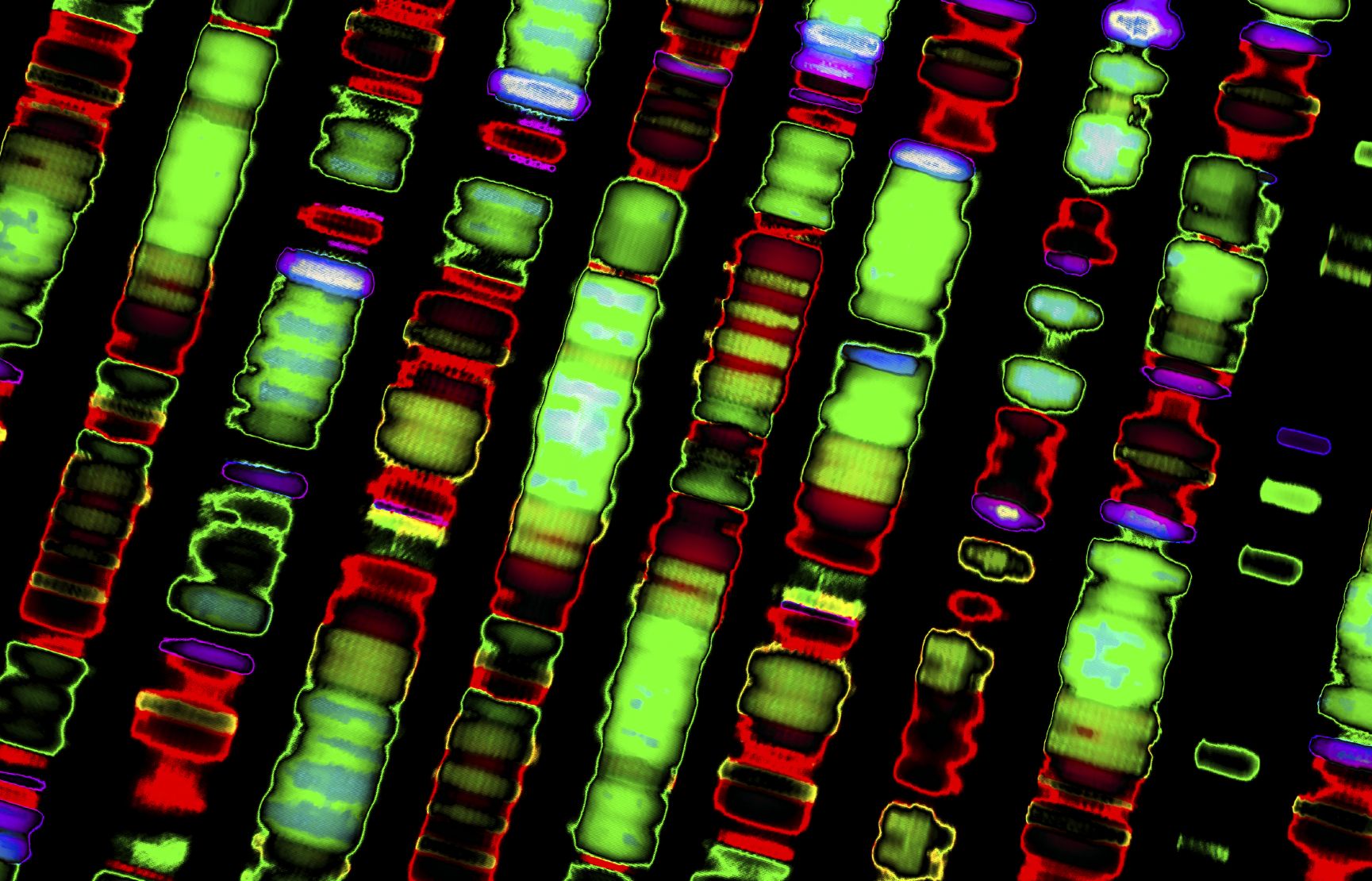Acceleron axes clinical development of muscular dystrophy drug

Acceleron has axed clinical development of its ACE-083 in the inherited muscle-wasting disease muscular dystrophy, after the drug fell short against efficacy measures in a phase 2 trial.
Based in Cambridge, Massachusetts, Acceleron had been developing ACE-083 in facioscapulohumeral muscular dystrophy (FSHD) – a form of the disease predominantly affecting the face, shoulders and upper arms.
In the trial, ACE-083 did produce a statistically significant increase in mean total muscle volume, the trial’s primary endpoint.
But this did not translate into a statistically significant improvement in functional tests that were the trial’s secondary endpoints.
The phase 2 trial was in two parts – the first open label dose-escalation part measured safety and increase in muscle volume over three months.
In the second, double-blind part 56 patients were randomly selected for two arms, one receiving the optimal dose of ACE-083 selected from part 1, while the other group received placebo.
Patients were tested for changes in muscle volume, fat fraction, strength, function, quality of life, and safety over a six-month primary treatment period, followed by a six-month open-label treatment period.
Habib Dable, president and CEO of Acceleron, said: “We are certainly disappointed with these results. As we have stated consistently, for ACE-083 to become an important new therapy for patients with FSHD, it would have to deliver a meaningful functional benefit on top of an ability to grow muscle.
“Unfortunately, in this case, the data show no evidence of such a benefit and, therefore, do not support further development of ACE-083 for FSHD. We’re grateful to the patients, families, caregivers, and investigators who participated in this research.”
Acceleron has decided against further clinical trials and will focus instead on a phase 2 trial of the same drug in Charcot-Marie-Tooth disease, a group of inherited conditions that damage the peripheral nerves.
The company also has high hopes for luspatercept, which is under review as a treatment for anaemia caused by myelodysplastic syndrome, as well as beta-thalassemia.
Following a priority review, the FDA is due to make a decision on the drug in early December, potentially bringing blockbuster-level revenues to the biotech and development partner Celgene.











